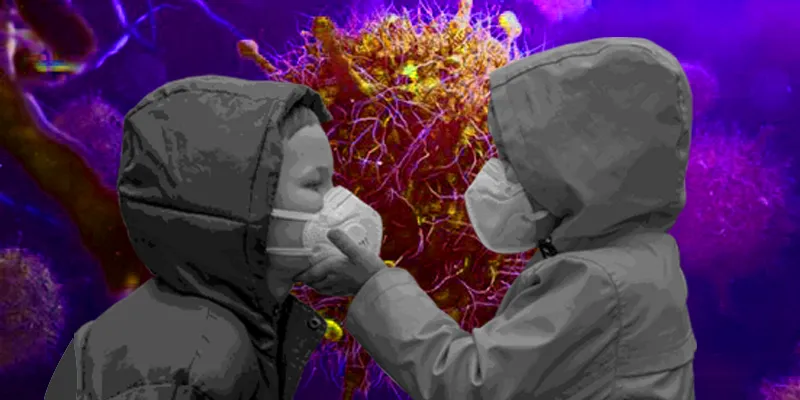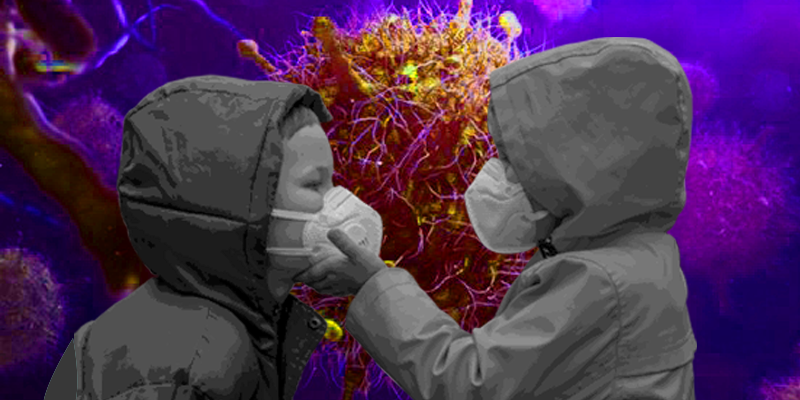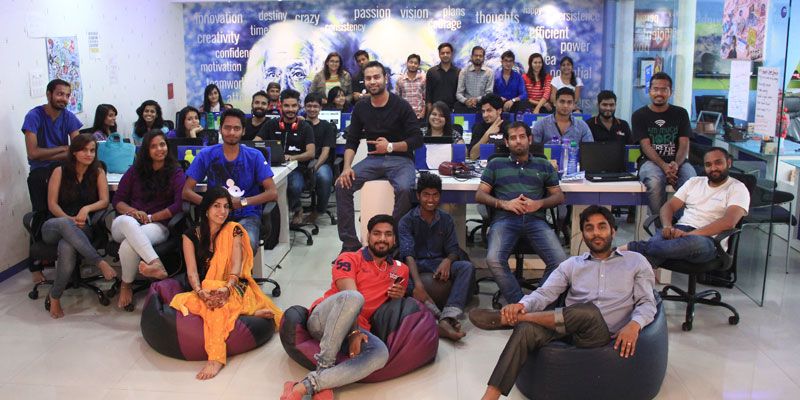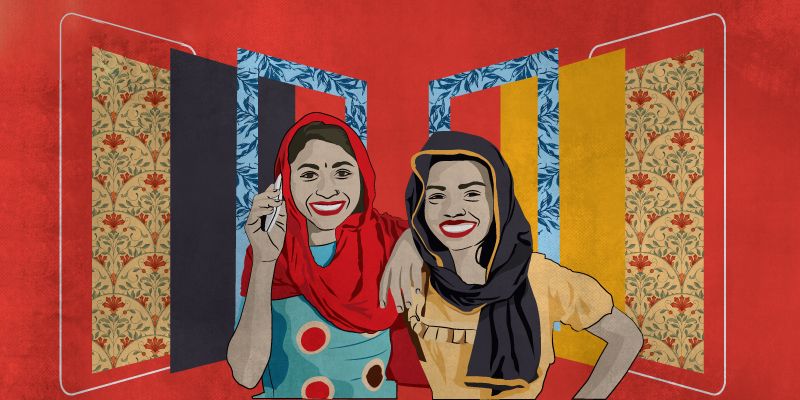App uses AI to provide at-home assessment of coronavirus risk, says study
Researchers, including one of Indian-origin, have developed an app that may enable individuals to get an at-home risk assessment for coronavirus infection.
Researchers, including one of Indian-origin, have developed an app that may enable individuals to get an at-home risk assessment for coronavirus infection, which has so far claimed the lives of more than 3,200 people worldwide, and infected over 90,000 individuals.
The application, described in the journal Infection Control and Hospital Epidemiology, uses Artificial Intelligence (AI) to help provide public health officials with real time information on emerging demographics of those most at risk for the novel coronavirus (COVID-19).
According to the researchers, including those from Augusta University in the US, the app can help better target prevention and treatment initiatives.
"We wanted to help identify people who are at high risk for coronavirus, help expedite their access to screening and to medical care and reduce spread of this infectious disease," said Arni S.R. Srinivasa Rao, study co-author from Augusta University.

The scientists noted that the app asks individuals where they live, and other demographics like gender, age, and race.
It also collects information from users about recent contact with any individual known to have coronavirus, or if they have travelled to places like Italy and China, which have a relatively high incidence of the viral infection in the last 14 days, they said.
The app also asks users about common symptoms of infection and their duration including fever, cough, shortness of breath, fatigue, sputum production, headache, diarrhea and pneumonia, the study noted.
Using AI, the app rapidly assesses the individual's information, and can send them a risk assessment -- no risk, minimal risk, moderate or high risk -- and alert the nearest facility with testing ability that a health check is likely needed, the researchers said.
The nearest facility will be notified of the need for a mobile health check and possible remote testing if the patient is unable to travel, they added.
Using the collective information of many individuals may aid rapid and accurate identification of geographic regions, including cities, counties, towns and villages, where the virus is circulating, the scientists noted in the study.
The researchers also believe that the information will help investigators learn more about how the virus is spreading.
Rao said it is important to evaluate novel models in an attempt to control the rapidly spreading virus.
He said the accessibility and rapidity of the app, coupled with AI, make it valuable for screening wherever large crowds gather, such as major sporting events.
"We are trying to decrease the exposure of people who are sick to people who are not sick," said Jose Vazquez, another co-author of the study.
We also want to ensure that people who are infected get a definitive diagnosis and get the supportive care they may need, he says.
The scientists hope that the new method may help assess an individual's risk, and quell any developing panic or undue concern over coronavirus, or COVID-19.
Vazquez said that if concern about coronavirus prompted a lot of people to show up at hospitals, many of which already are at capacity with flu cases, it may further overwhelm those facilities and increase potential exposure for those who come.
"People will not have to wait for hospitals to screen them directly. We want to simplify people's lives and calm their concerns by getting information directly to them," Rao said.
(Edited by Javed Gaihlot)












